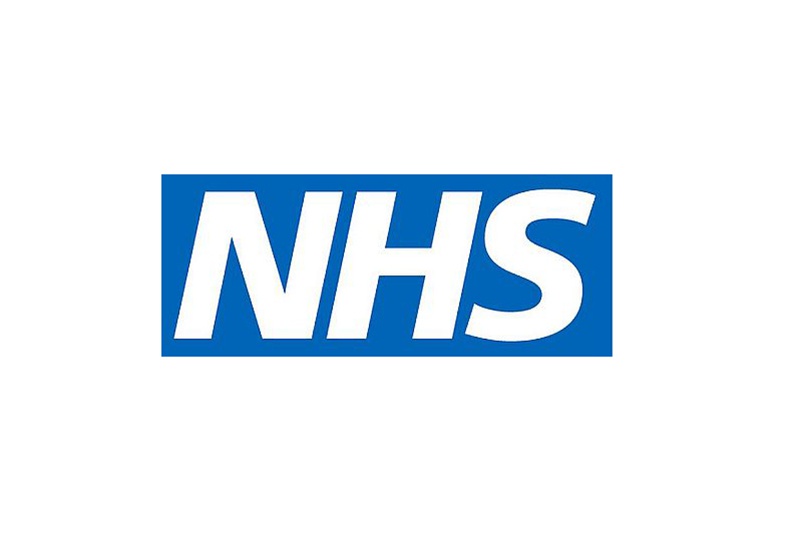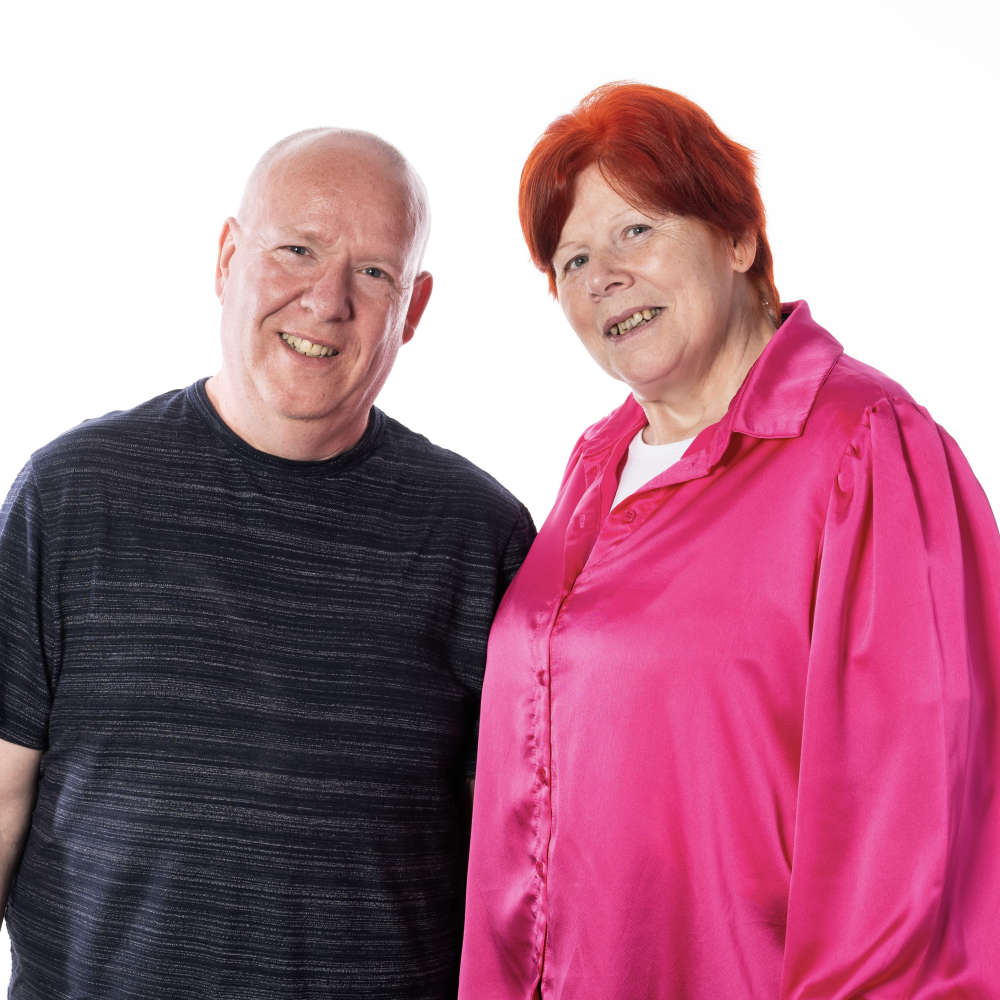
This Diabetes Week the NHS in Walsall are encouraging residents to become aware of the signs and symptoms of this long-term condition.
In the UK, one in 15 of us live with diabetes – that’s 4.8 million people, and it’s likely you know many people with the illness.
Type 2 is the more common form of diabetes, which is where the body does not produce enough insulin, or the body’s cells don’t react to insulin. Conversely, type 1 is where the body’s immune system attacks and destroys the cells that produce insulin.
The main symptoms of diabetes can be remembered as the four Ts:
- Toilet: Going more often, especially at night
- Thirsty: Being really thirsty and not being able to quench the thirst
- Tired: Feeling more tired than usual
- Thinner: Losing weight or looking thinner than usual without trying
Other symptoms can include genital itching or thrush, cuts and wounds taking longer to heal and blurred vision. Dr Anand Rischie, Walsall GP and Clinical Chair of NHS Walsall Clinical Commissioning Group said:
“Anyone can get diabetes – so it’s important to be aware of the symptoms and to speak to your GP if you have any concerns.
“It’s important to know that people with diabetes are no more likely to catch coronavirus than anyone else. The majority of people who do get coronavirus – whether they have diabetes or not – will have mild symptoms and do not need to go into hospital.
“But people with diabetes are more vulnerable to developing a severe illness if they do get coronavirus, and the way it affects people varies. This is why it’s so important to stay alert, practice social distancing, keep on top of your medications and speak to a health professional if you have any concerns.
“The NHS is here for you, and you can chat to your GP or diabetes team via telephone or video consultation.”
Why people get diabetes is complex and not always clear. But some factors can increase your risk of developing it, from genetics and ethnic background to gender, age and lifestyle. Dr Krishnasamy Senthil-Kumar, Diabetes Consultant at Walsall Healthcare NHS Trust, said:
“Even though some lockdown restrictions have recently been eased in England, the advice for people with diabetes across the UK is still to stay at home as much as possible and to minimise contact with people outside your household.”
Diabetes UK has set up a diabetes helpline on 0345 123 2399, to advise those who need help with insulin. Patients will also receive additional support from online education services for Type 1 and Type 2 diabetes to help them to manage their condition better.












Comments
Add a comment